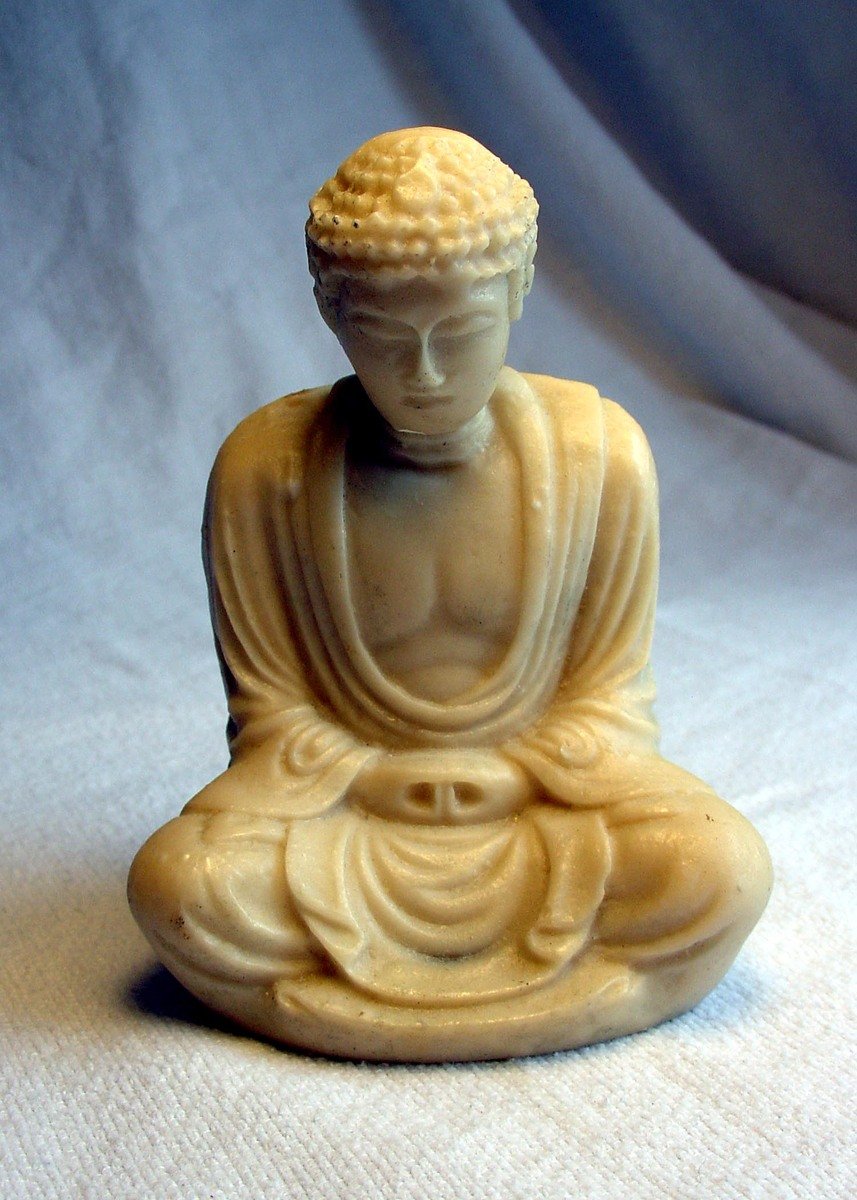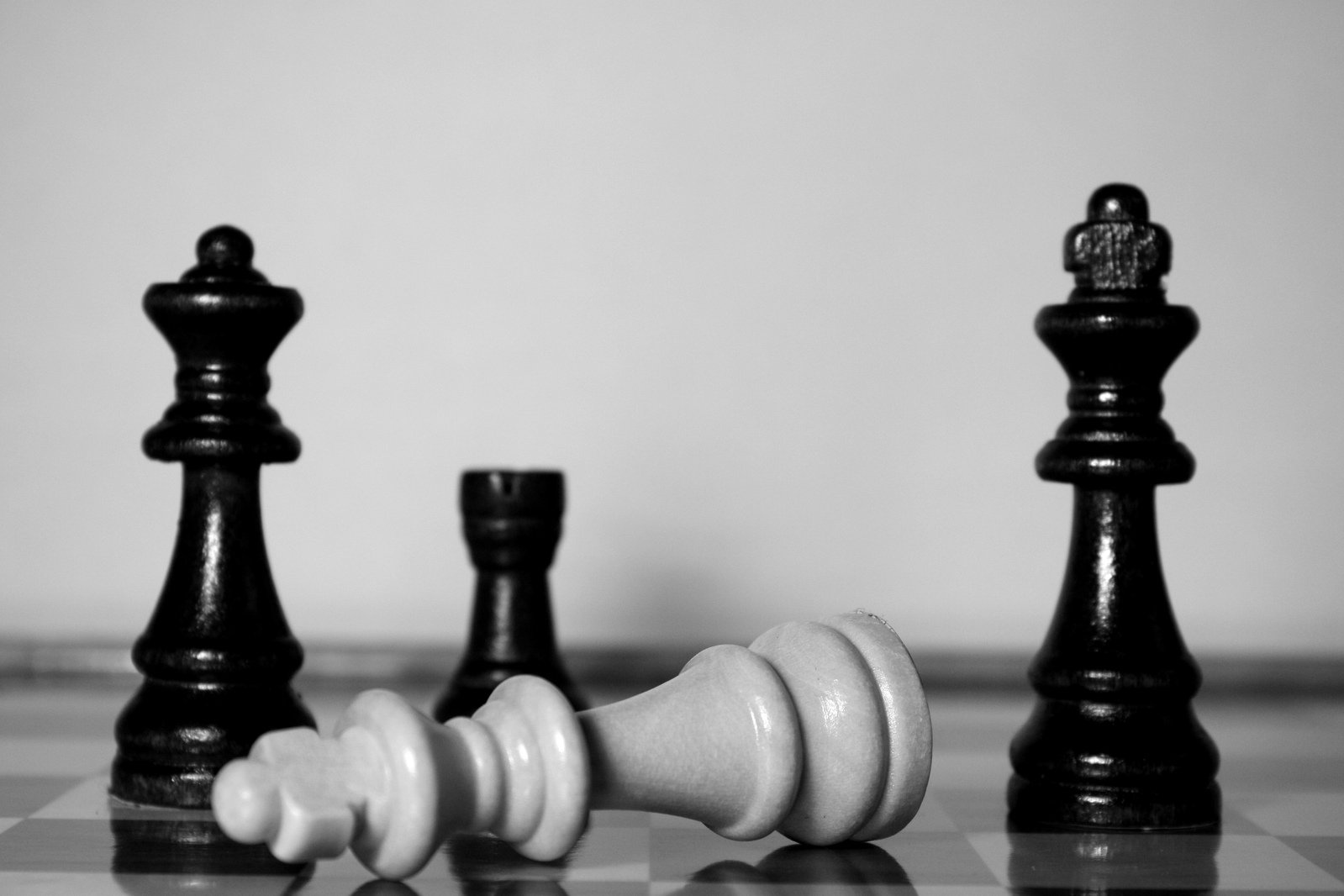The lower mind has long been the peril of human consciousness.
Born into a state of ‘living in the moment’ or the ‘now’, humans quickly develop lateral thinking and come to rely on past events for information about the future, and tend to live in either the past or the future, but seldom here and now.
Animals mostly live in a state of ‘pre-thought’, most humans live mostly in a state of ‘lower mind thinking’, and some humans live in a state of ‘post-thought’, or ‘mindfulness’, or what has colloquially become known as a ‘zen’ state of mind. This ‘post-thought’ state of mind is the ideal for humans and is acquired using ‘mental discipline’.
"Animals mostly live in a state of 'pre-thought', most humans live mostly in a state of 'lower mind thinking', and some humans live in a state of 'post-thought'."
Ultimately we need mental discipline to be free of the lower mind. The lower mind helps us to navigate most of our daily lives, but because it is the least intelligent part of us it can only guide us with low grade intelligence. Mental discipline frees us from that holding pattern with the lower mind and allows us to see clearly other ways of being aware in, and navigating, the world.
Think of the lower mind (that we use for most mental activity) as the deckhand on a large ship. It’s job is to perform menial tasks, such as mopping out the lower decks, laundry, running errands and other tasks ascribed to it. Sometimes it will make lists and populate calendars, with tasks and birthday reminders, and sometimes it will write journal entries or maybe an academic paper. It’s job is essentially an admin person, with occasional janitorial and academic aspects assigned to it. It thinks laterally and retrospectively. It cannot know beyond what it has already experienced. Very advanced lower mind thinking can be open to the possibility of what we do not know, but it cannot know it.
Having this low grade intelligence navigating our lives for us renders us at the mercy of that level of awareness. It’s not bad, but it’s not ideal.
Ideal, instead, is the shutting down of the lower mind for navigation purposes and the opening up of the self to ‘higher mind awareness’, or ‘no mind’, or a state of ‘wordlessness’.
The lower mind is ideal for making grocery lists and reminding us to pick up the laundry but it is useless when it comes to knowing how best to guide our lives and advise us on what is best for our soul.
"It is ideal to shut down the lower mind for navigation purposes and to open up the self to 'higher mind awareness', or 'no mind', or a state of 'wordlessness'."
Think again of the deckhand on the ship. Ordinarily, he is kept in his position by necessity. There is nowhere else for him to go. However, if the true Captain of the ship is missing, or sleeping in the back, there is an opening for lower mind and he will take it.
He doesn’t know the names or jobs of all the other staff on the ship as the Captain does, or how to use the navigation instruments or how to read the maps or know the overall purpose of the journey. But that doesn’t deter the lower mind because his limited intelligence affords him arrogance and, ultimately, the close cohorts of the ‘lower mind’ are ‘wounds’ and ‘ego’. ‘Lower mind’, ‘wounds’ and ‘ego’ hang out together, they go get coffee, exchange notes and navigate life using whatever they have between them to steam ahead. ‘Ego’ steps up and reassures the lower mind that the position of Captain is exactly the right job for him and encourages him to go for it. ‘Wounds’ chips in that it wasn’t fair that he didn’t get a better job before now and surely it’s his turn now. ‘Lower mind’ has only backstory, memories and lateral thinking to guide him, so he agrees and sees it as a logical step.
Having this low grade intellect guiding the ship (the self) to help achieve your mighty potential is perilous at best and disastrous at worst.
When the lower mind is our navigator, several things happen. Old wounds get recreated repeatedly in an unconscious effort to clear them. Tragedies that befall others feel like they can become potential pitfalls for us. Everything becomes personal and projections become normal. We lose sight of who we Truly Are and that is the worst of all. When we lose sight of our True Selves, we forget our purpose. Lose that, and we lose meaning in our lives and despondency sets in. The downward spiral can be disempowering and disassociating.
Stepping out of lower mind thinking revolutionizes our relationship with life. ‘Getting out of our own heads’ helps us to ‘feel’, not ‘think’, and that is a much more accurate barometer to navigate life truthfully. Getting into the body and feeling what is there is a much more accurate guide to the truth about one’s life and how to live it, than living in one’s head. Living in our heads is a recipe for ‘always-wanting’ and never knowing fully where we are, or how far we have yet to go to feel bliss.
"Staying ‘fully present’ has no expectations, projections or attachments to outcome. This state of awareness allows full exposure to experience, rather than hiding behind a perception of analysis. Therein lies the experience of bliss in this state."
So, how do we achieve mental discipline by, a) getting out of our heads, and, b) staying out of the mind and staying in the present moment?
Stopping using the mind for guidance is the first important step in achieving mental discipline; that means to stop seeking help from the lower mind on anything to do with direction, guidance, soul work, or higher intelligence and telling the mind to ‘stop thinking’. It means to stop thinking that the locus of control for our system is in our heads; rather, it is in our hearts. Relying upon 'heart-centered thinking' will go a long way to helping us to be free of mind-centered thinking and help us to have mental discipline.
Getting out of our heads (stop being driven by mental interference) can be done, simply, by commanding it to be so, but other ways to get out of the mind are these: staying in the moment, staying present by reading or listening to music without attaching 'story' to the music as we're listening, singing from a place of passion or joy rather than backstory or memories, bodywork/movement, experiencing unusual physical experiences such as standing in a very strong wind, utilizing the three types of meditation (clearing the mind, mantras, guided meditation), breathwork, and noticing and staying conscious of the life force in the system.
The next step is to stay out of the mind and, instead, cultivate conscious 'present moment now' awareness; this means to stay in the present moment always and not to allow the mind to drift into the past or to the future for navigation purposes. Slipping into a memory for the enjoyment of that in itself is fine; staying in the past because it is a happier place to be, or because we need to resolve unfinished business there, is not a healthy way to live or to heal. It is much better to use Wound Work to clear those wounds directly, rather than carry them around as unfinished projects that are trying to have their voices heard. Help with that comes in the form of meeting the needs of the parts of ourselves that are hurting, self-empowerment techniques and growth in terms of self-love.
The final step in achieving mental discipline is to supplant the lower mind with another awareness; the ‘higher mind’, or the ‘silent observer’, or ‘mindfulness’, or what I have come to call the ‘higher intelligence of Knowing’. Finding that other awareness relies upon intention (for finding it) and motivation to do the work. Without these, finding other states of awareness will be tricky.
Ways to stay out of the mind and cultivate conscious 'present moment now' consciousness are these: consciously dis-identifying from the mind (recognizing that our thoughts are not us and do not reflect who we are; allowing them to arise and not attaching story or meaning to them), owning our own process, and stopping projecting onto others our imprinted internal dynamics because of unprocessed wounding.
So, what does that mean? Staying ‘fully present’ has no expectations, projections or attachments to outcome. This state of awareness allows full exposure to experience, rather than hiding behind a perception of analysis. Therein lies the experience of bliss in this state.
"The state of bliss is the human default state. The identification with thought and the lower mind has robbed humans of that bliss but it can be achieved again with a simple switch of perspective."
The state of bliss is the human default state. The identification with thought and the lower mind has robbed humans of that bliss but it can be achieved again with a simple switch of perspective, dedication to the work and accessing a higher state of awareness.
The past can hold us if we have wounding and the future can preoccupy us as we agonize over what that future might be, but both states are ignorant to the reality that now is all we’ve got. You can’t leap-frog over the wound clearing from the past (you still have to do your own personal work) and you can’t deny your urge to fulfill your potential in the future, but ultimately, the only carriage that will let you clear your past, live mindfully in the present and facilitate you in reaching your potential is the present moment.
Mastering mental discipline will achieve that.
For an exploration of related concepts, see the blogs; The Higher Intelligence of Knowing and The Ten Steps to Awakening.





